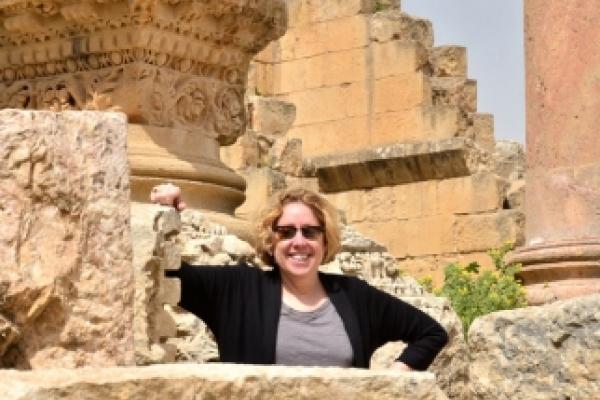
Lecture Title: "Remembering (and Forgetting) the Dead Infants in Late-Roman and Early Medieval Britain"
Abstract: One of the striking things about the archaeology of Britain is the omnipresence of the bodies of still-born or newborn infants in the burial record of the late-Roman period, and their archaeological invisibility after the Roman state's withdrawal c. 400. The treatment of little corpses, so I will be arguing, can help us identify some of the profound transformations in the lived experience and thought worlds of people in Britain first under and then after Rome that are completely unwitnessed by texts. The changing treatment of the infant dead hints at broad cultural and cosmological shifts as Britain moved from Roman to early medieval.
Bio: Robin Fleming teaches courses on late Roman and early medieval history, the Vikings, ancient and medieval historical writing, and material culture. She has written on the political history of Viking, Anglo-Saxon, and Anglo-Norman England; early medieval material culture and osteoarchaeology; historical writing in the early Middle Ages; English law before the Common Law; Domesday Book; and nineteenth-century medievalism. She is currently investigating Britain in the century before and after Rome’s fall, attempting to determine how Roman ways of life, identity, burial, and status marking changed once the Roman economy collapsed and connections to the wider Roman world began to unravel. She has received grants or fellowships from the National Endowment for the Humanities; the Harvard Society of Fellows; the Bunting Institute; the Institute for Advanced Study, Princeton; the Radcliffe Institute of Advanced Studies at Harvard University; and the Guggenheim Foundation. She is a fellow of the Massachusetts Historical Society, the Royal Historical Society, and the London Society of Antiquaries.
